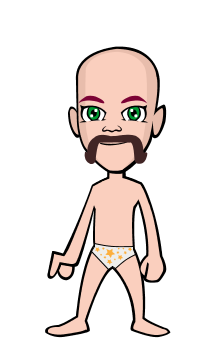Fears for China hard landing grow as trade gap hits record
Chinese consumers are not filling the gap left by a slowdown in more traditional manufacturing industries and exports
China's trade surplus reached its highest level on record last month, according to the latest official data, as tumbling imports show domestic demand is not replacing a slowdown in exports such as electronics and industrial goods.
The data raises fears that the world's second-largest economy is having difficulty sparking the internal consumer demand necessary to reach growth targets under the five-year plan.
The trade surplus occurs when a country's exports exceed the level of imports in any given month, and is used as an indication of a balanced economy.
Chinese imports slumped 18.8pc, to $131bn (£86bn), during October when compared to the same month last year, and this follows a 20pc slump a month earlier.
Exports also continue to fall, but crucially not by as much, down 6.9pc, to $192bn, and this created a record trade surplus of $62bn, a 36pc jump on the same period last year.
 Delegates attend the opening ceremony of the fifth session of the 11th plenum in 2011
Delegates attend the opening ceremony of the fifth session of the 11th plenum in 2011
China's rapid economic growth has been based on the export of electronics goods, industrial machinery and toys, with the largest customers being the US and Europe. As demand for these products has slowed it was hoped the economy could rebalance towards domestic demand.
China has become the worlds largest consumer of oil, iron ore, and food as the country has rapidly expanded its economy during the past two decades.
The latest trade data comes as China decided to relax its one-child policy, first introduced in 1979, following the meeting of the Fifth Plenary Session of the 18th Communist Party of China Central Committee.
- China's devaluation is a peace offering misunderstood by the world
- The truth about China's dwindling war chest
Prime Minister Li Keqiang said that the world's second largest economy would need annual growth of 6.53pc over the next five years to achieve a "moderately prosperous society", lower than Beijing's previous 7pc growth target.
Chinese growth slowed to a six-year low of 6.9pc in the third quarter.
The latest trade data will come as a further blow for the Communist Party. China's authorities have attracted scorn for their handling of a stock market sell-off, and their move to revalue their currency, the yuan.




